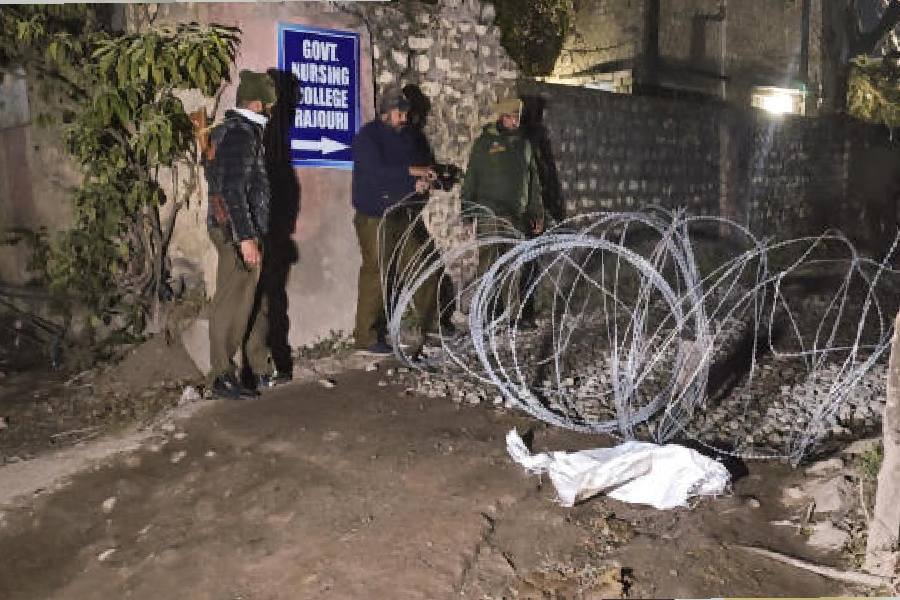Groups representing Other Backward Classes have questioned the basis of the sub-categorisation of the community without an updated caste-wise population data for distribution of reservation benefits.
They have demanded that the government must not implement the report of the Rohini Commission, which they believe has been prepared on the basis of caste data taken from the 1931 census conducted by the British. That was the last time caste-based census data had been made public.
The commission set up in October 2017 for the sub-categorisatioin of OBCs for rational distribution of quota benefits submitted its report to the President on July 31 this year. The report has not been made public. A senior government official said the report was under examination.
Hansaraj Jangra, president of the All India Backward Classes Federation, said the organisations had come to know that the Rohini Commission had recommended two possible ways of sub-categorsation. One, the present 27 per cent reservation may be split up into 8 per cent for the upper castes among the OBCs, 9 per cent for the artisan community and 10 per cent for the most backward among the OBCs. Another formula, Jangra said, was that the 8 per cent quota for upper caste OBCs may be further split up into 2 per cent for the advanced castes and 6 per cent for the upper castes.
He said the commission was learnt to have found that people of only 10 to 15 castes had cornered 25 per cent of quota benefits while about a thousand castes had almost nil representation in government jobs and education.
Jangra said the OBCs were not relying on these findings since the commission had not been provided the latest data on backwards. He called for a caste census.
DMK Rajya Sabha member P. Wilson said the commission must have relied on the 1931 census data, which cannot be accurate and relevant.
“First, a census should have been conducted for sub-categorisation. The government had the latest 2015 caste data, which was never released, nor did it undertake any steps to conduct another caste census. The court has always insisted on empirical data when any reservation policy is adjudicated. Without proper and reliable data, the sub-categorisation will not stand legal scrutiny. The Supreme Court striking down the 10.5 per cent reservation for the Vanniyar community is a classic example,” Wilson said.
A socio-economic caste census had been conducted in 2012. The data was compiled in 2015, but only the economic information was released.
G. Karunanidhy, secretary of the All India OBC Employees Federation, said the Rohini Commission had fallen back on the 1931 census data, which was no longer relevant. He said any exercise of categorisation based on 90-year-old data would do injustice to a lot of people and end up in litigation.
He said he had come to know that the commission had found that people of about 15 of the 2,600 OBC castes had received 25 per cent of reservation benefits in government jobs and seats in educational institutions, adding that such an analysis was erroneous without current population data.
“Assuming that people of 15 castes have availed themselves of one-fourths of the reservation benefits meant for OBCs, it is difficult to conclude any unfair representation or over-representation of these people unless we correlate this with their population. Hence, any analysis, including socio-economic status, without caste-wise population data is erroneous. The government should conduct a caste census before implementing the Rohini Commission report,” Karunanidhy said.











